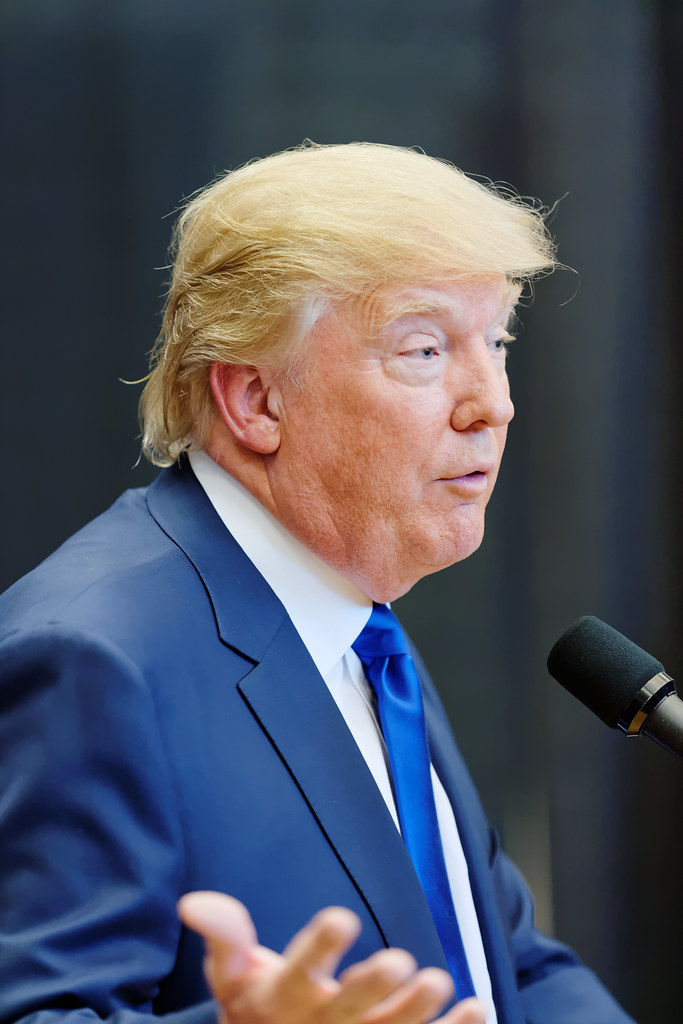Key Takeaways
- President Trump’s sweeping pardon may shield anyone tied to 2020 voter actions.
- A Pennsylvania man charged with voting twice argues the pardon applies to him.
- Legal experts warn the pardon’s broad language could protect many accused of fraud.
- Courts now face a key test in defining the true reach of this sweeping pardon.
Understanding the Sweeping Pardon
On November 7, President Trump issued a sweeping pardon. He named eight people, including Rudy Giuliani. Yet, the pardon’s words reach far beyond those names. It covers any act “relating to advice, creation, organization, execution, submission, support, voting, activities, participation in, or advocacy for any slate of presidential electors” in the 2020 election. It adds that it is “not limited” to the listed individuals. Simply put, the text could apply to anyone who cast a ballot, organized a voter drive, or supported a fake slate of electors. Moreover, its scope catches actions in any state or by any person. In effect, the sweeping pardon may erase charges against a wide group of people.
Legal Experts Sound the Alarm on the Sweeping Pardon
In Pennsylvania, prosecutors charged Matthew Alan Laiss with voting twice—once in Pennsylvania and once in Florida. His lawyers told a federal judge that the sweeping pardon protects him. They argued the pardon’s broad list of covered actions clearly includes his votes. Derek Muller, a law professor at Notre Dame, agreed that the language looks like it shields “anyone involved in voting for slates of presidential electors.” He added that the pardon creates an “undefined group” of people who are now immune. A former Justice Department pardon attorney called the wording “not very precise.” She blamed the White House for skipping experts who usually help craft clear pardons. Instead, she said, they ended up with a text that forces courts to sort it out case by case.
How It Could Affect Voter Fraud Cases
First, the sweeping pardon could block prosecutions for double voting. Someone who cast two ballots might claim immunity under the pardon. Next, it could cover those who organized or advised on mail-in ballot drives. Moreover, it might protect people who created or backed fake slates of electors. Therefore, local and federal prosecutors may see many motions to dismiss charges. For example, a clerk who assisted a fake elector might argue that their work is pardoned. Likewise, a volunteer who mailed ballots could say they are covered. Yet, voter fraud is historically rare. Still, if courts accept this sweeping pardon, even isolated cases could vanish.
Why the Pardon Sparks Controversy
This sweeping pardon comes after years of claims about widespread voter fraud by Trump. He used those claims to push for stricter voting rules. Then, in a twist, he pardons anyone accused of fraud in 2020. Critics call this a confusing move. They say he undermined his own arguments about fraud. At the same time, supporters claim he is protecting patriots who backed his election challenges. As a result, the pardon highlights deep political divides over election integrity. Some see it as a needed shield. Others view it as another layer of chaos in America’s election debates.
The Role of Courts in Interpreting Pardons
Courts have rules for reading pardons. Judges often look for clear language. They ask if the pardon’s scope is obvious to everyone. Here, the sweeping pardon uses a long list of covered acts and then says it is “not limited” to named people. That may make judges pause. Some will read the text narrowly, protecting only those named. Others may embrace its full breadth. Ultimately, courts will balance the pardon’s clear goal—end legal threats to insiders—against the need for precise limits. They may analyze each case’s details. In doing so, they will shape future pardon practices.
What Comes Next for Voter Fraud Cases
Moving forward, courts will hear battles over this sweeping pardon. Some judges might accept that it covers all 2020 election actions. Others could rule it only protects a few people. Regardless, the process may take months or years. In parallel, the Justice Department could appeal rulings. They might seek a narrower reading. At the same time, Congress may debate new rules to define pardon powers. That could offer clarity for future presidents. Meanwhile, prosecutors may hesitate to bring voter fraud charges, fearing more legal fights.
The Bottom Line
President Trump’s sweeping pardon may end legal fights for more than a handful of allies. It could apply to dozens or hundreds of people connected to the 2020 election. As courts sort through the pardon’s vague text, its true impact will unfold. Ultimately, this case will test limits on presidential power and shape how future pardons are written.
FAQs
What makes this sweeping pardon so broad?
It lists many covered actions—voting, supporting electors, advice—and then says it is not limited to named individuals, which expands its reach.
Could this pardon apply to any voter who cast a ballot in 2020?
Possibly. If a judge reads the pardon broadly, even ordinary voters might be considered pardoned for alleged fraud actions.
How do courts decide who a pardon covers?
Judges examine the pardon’s language. They look for clear definitions and limits. If text is vague, they may weigh intent and context.
Can future presidents avoid this confusion?
Yes. They can work with pardon experts to write precise text. Clear limits can prevent wide-open interpretations.
